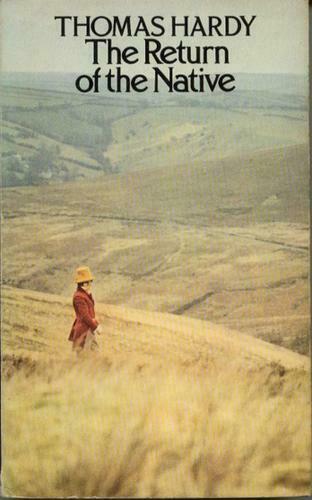
And water was frequently used as a means of suicide. In nineteenth-century novels, water was almost always a symbol of death. In any literary work, water can be a symbol of either death or life, or even both. If the storm on the heath is a melodramatic symbol, so also is the stream near the weir. The final book is Hardy's concession to his readers. It is, therefore, of some interest that the novel doesn't end here there is still Book Sixth to come. As most critics have pointed out, Hardy observes the Aristotelian unity of time in this book, as well as the unity of place.

It is a year and a day since the first scene in the novel. To Venn, Clym blames himself for his wife's death. Clym appears and takes both Venn and the young man upstairs to see the bodies of Eustacia and Wildeve. Venn, in the inn, watches a servant dry the bank notes that were in Wildeve's pockets and must tell Charley, who calls on the Captain's behalf, that Eustacia is dead. With the help that arrives, Venn retrieves Eustacia's body, but only Clym survives. Seeing what's happened with Eustacia, Venn sends Thomasin to the inn then dives into the water and rescues both men.

Here comes another coincidence: Venn, now approaching with Thomasin. Wildeve is less cautious, jumping in as soon as he sees her body Clym goes to the rescue after trying to determine how best to go about it. Both men, sure it is Eustacia who has fallen in or jumped, rush to her aid. But it is Clym who approaches, looking for Eustacia, and just as he and Wildeve recognize each other, Clym hears what is clearly a body falling into the swollen stream adjoining Shadwater Weir. Having left with a horse and gig, Wildeve waits below the inn for Eustacia. Point of View of The Return of the Native.


 0 kommentar(er)
0 kommentar(er)
